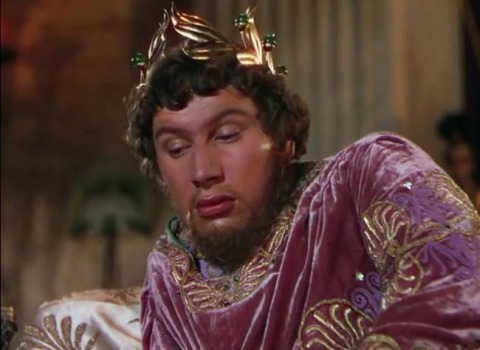
It sounds like an idea for a motion picture, doesn’t it? A historical melodrama. You could call it The Last Days of the Republic.
By the end of the twentieth century, it was already routine for federal agencies to implement their own agendas, irrespective of the instructions of Congress or the executive. Courts treated the federal Constitution like silly putty.
By the second decade of the twenty-first century, criminal prosecution of political opponents had become a tool of public policy. The consequences of losing an election might be greater than losing the election.
The top ranks of the IRS, the FBI, and the CIA had all been weaponized. A generation earlier, Mr. Nixon had tried this sort of thing with the IRS, but ultimately failed. The lesson drawn by his opponents was that one must make sure to succeed.
The weakness of the movie is that it is almost too crude for fiction. So protective of Mrs. Clinton are her investigators that Mr. Comey, cast as FBI director, drafts a letter exonerating her of security violations before the investigation even begins. So hostile to Mr. Trump are his investigators that Mr. Mueller, cast as Special Counsel, authorizes modes of collecting information from the GSO which even the politicized courts have consistently ruled both illegal and unethical.
Other cinematic flaws are that the story is convoluted, it relies on an implausibly high number of what Leninists used to call “useful idiots,” and none of the main characters are sympathetic.
Movies depend on suspension of disbelief, but that sort of thing can be taken only so far.
Can the Empire be routed? Can the Republic be saved? Like a Star Wars movie, the script ends with a cliffhanger.
Hollywood loves sequels. In real life, they are more difficult to pull off.